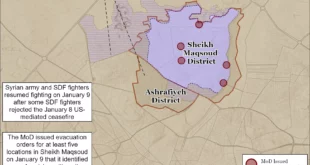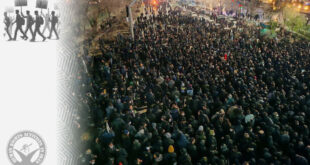 Two years after the fall of the authoritarian regime, Libya faces a number of challenges in ensuring that its democratic transition proceeds peacefully, a United Nations envoy told the Security Council today, noting that recent months have been marked by pronounced political disagreements, a disruption of the country’s oil exports, and security problems.
Two years after the fall of the authoritarian regime, Libya faces a number of challenges in ensuring that its democratic transition proceeds peacefully, a United Nations envoy told the Security Council today, noting that recent months have been marked by pronounced political disagreements, a disruption of the country’s oil exports, and security problems.
“It is more evident today that pre-conceived ideas about political transition are likely to be a recipe for disappointment, if not failure,” Tarek Mitri, the Secretary-General’s Special Representative and head of the UN Support Mission in Libya (UNSMIL), said in his briefing to the 15-member body.
“Free and fair elections may have augured a democratic process but they raised more expectations than what the political institutions and forces have been capable of meeting,” he stated.
“Today, there is a sense of skepticism, and perhaps of rejection, with which the Libyan people view the political process. But this should not be mistaken for a loss of faith in national unity, democracy and the rule of law. Their commitment to the principles for which they fought their revolution remains deep.”
Briefing on work of UNSMIL over the past six months, Mr. Mitri noted that a combination of internal and regional dynamics continues to place a huge strain on the political processes taking place in the country. This further compounds the difficult tasks facing the Libyan authorities as they strive to ensure that the country’s transition moves peacefully forward.
 Eurasia Press & News
Eurasia Press & News


